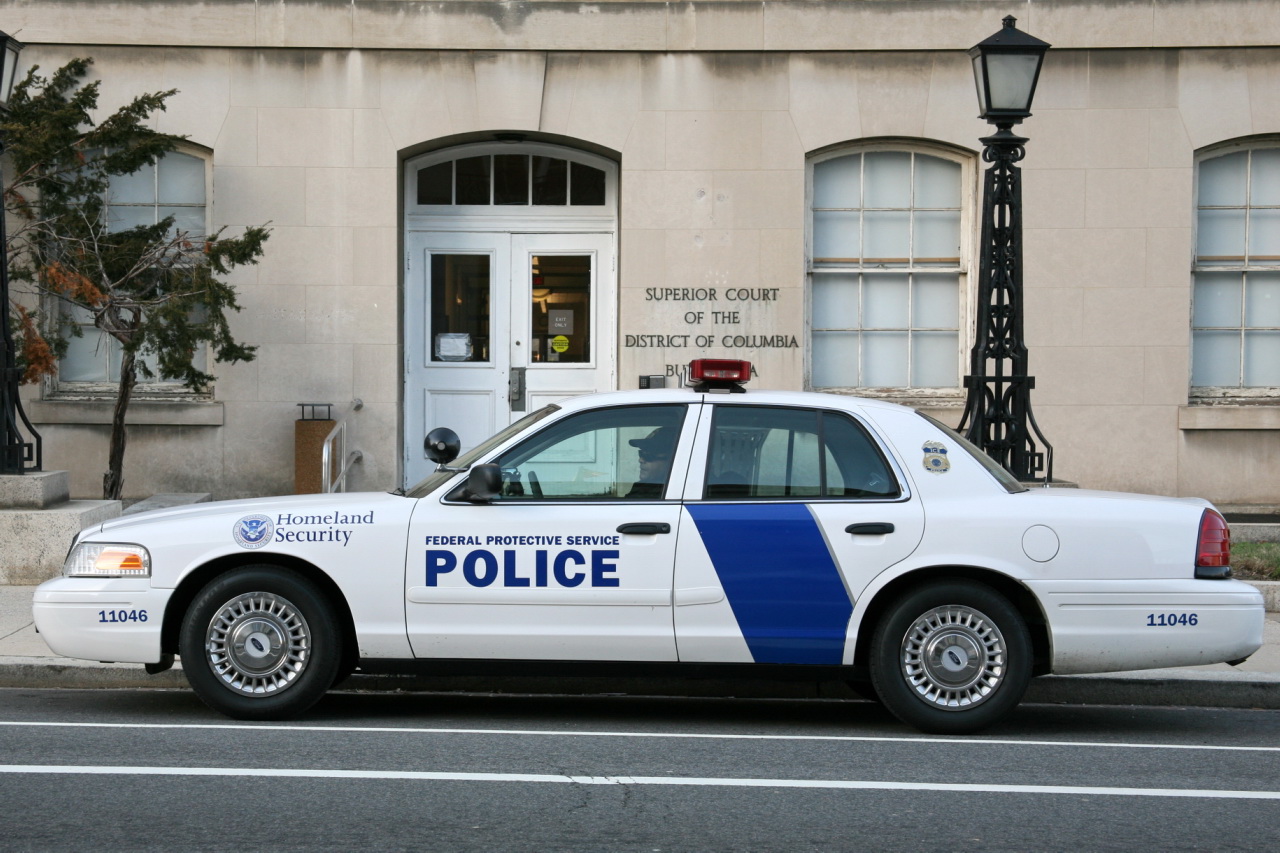 Federal Judge Blocks Texas Law Allowing Police to Arrest Migrants
Federal Judge Blocks Texas Law Allowing Police to Arrest Migrants
A recent ruling by U.S. District Judge David Ezra has dealt a blow to Republican Governor Greg Abbott’s immigration enforcement efforts in Texas. The judge issued a preliminary injunction that blocks a new law granting police broad powers to arrest migrants suspected of illegally entering the U.S. This ruling comes as President Joe Biden and former President Donald Trump visited the southern border of Texas to discuss immigration.
The ruling by Judge Ezra is a significant victory for the Biden administration and a rejection of Abbott’s immigration enforcement measures. The judge’s decision rebuked Texas’ claims of an ongoing “invasion” along the southern border and highlighted the law’s violation of the Constitution’s supremacy clause and conflict with federal immigration law. Additionally, Ezra expressed concerns about the potential impact on U.S. foreign relations and treaty obligations. It is worth noting that this is not the first time Judge Ezra has halted one of Abbott’s border initiatives; he previously ruled against a floating barrier erected in the Rio Grande.
Judge Ezra’s ruling emphasizes that allowing Texas to supersede federal directives would amount to nullification of federal law and authority, which goes against the Constitution and has been rejected by federal courts since the Civil War. Critics of the Texas measure have compared it to Arizona’s controversial “show me your papers” law from 2010, which was partially struck down by the U.S. Supreme Court. Some Texas Republicans are hoping for a similar reconsideration of the ruling.
In his decision, Judge Ezra highlighted the similarities between the Arizona law and the Texas law, stating that the latter was preempted by the former. He also dismissed claims by state officials that large numbers of illegal border crossings constitute an “invasion,” noting that such an interpretation of the Constitution’s invasion clause was novel and allowing the law to stand would be permitting the state to engage in war.
Governor Abbott, however, remains steadfast in his stance and blames the influx of migrants on President Biden. He asserts that Texas has the right to defend itself and believes that the case will ultimately reach the Supreme Court. Civil rights groups who sued the state argue that the law could lead to civil rights violations and racial profiling. They celebrated Judge Ezra’s ruling as a clear message that the law is unconstitutional and will not be tolerated.
Under the rejected law, state law enforcement officers would have had the authority to arrest individuals suspected of entering the country illegally. Once in custody, migrants could either agree to leave the country as ordered by a Texas judge or face a misdemeanor charge for illegal entry. Those who refused to leave could be rearrested and charged with a more serious felony. Texas has been arresting migrants for years under a more limited program that focused on criminal trespassing.
The ruling by Judge Ezra has wider implications beyond Texas. It raises questions about how far states can go in enforcing their own immigration laws and challenges the notion that the United States should regulate immigration with one voice. It is now up to the appeals court to review the case and determine the fate of the Texas law.
Governor Abbott’s supporters argue that the law would only target immigrants near the border with Mexico and would not affect those already living in the U.S. due to the statute of limitations on illegal entry charges. Other Republican governors have expressed support for Abbott’s efforts, accusing the federal government of not doing enough to enforce immigration laws. In addition to the new law, Texas has implemented other measures such as placing a floating barrier in the Rio Grande, installing razor wire along the U.S.-Mexico border, and restricting access to a riverfront park previously used by Border Patrol agents to process migrants.
The legal battle between the Biden administration and Texas over immigration enforcement continues, with this ruling marking a significant setback for Governor Abbott’s agenda. As the case progresses, it will be closely watched for its implications on immigration policy and the balance of power between federal and state authorities.

